The Ph.D. in Virology program prepares students to become independent researchers. Graduate students complete an original research project and learn how to present findings at national and international conferences. They also develop critical thinking skills and are prepared to compete for grants in immunology. To obtain a Ph.D. in Virology, students should have a strong background in biomedical research. This degree can be a great way to help people in the medical field.
This degree offers the opportunity to work in a number of fields. The UCSF department's virology program is based in the Ronald Ross Building, which is a French-language university. The department focuses on studies of viruses and their agents, including the Chikungunya virus and Ebola virus. It also specializes in using transcriptomic technologies to develop new treatments for these diseases.
Ph.D. students in Virology complete a comprehensive curriculum that includes course work, participation in formal and informal seminars, and a doctoral thesis. In addition, Ph.D. candidates in Molecular Virology complete 16 additional credits of advanced course work. These courses include Introduction to Virus-Host Interactions. Other electives may include Mechanisms of Drug Resistance, Immunology of Infectious Disease, and HIV & AIDS: Research.
Ph.D. in Virology Eligibility
Candidates who want to take admission in Ph.D. must have a post-graduate degree in Virology and its relevant discipline with at least 55% marks from a recognized university and must have passed the national level entrance examination or university level entrance examination. National level entrance exams like UGC NET / UGC CSIR NET / GATE / SLET or University entrance exam consisting of written tests and personal interviews.
The Benefits of Ph.D. in Virology
Viruses are among the most fascinating and complex types of life on earth. Virologists study and dissect them in order to develop vaccines and other preventative measures against viral disease. These discoveries, which are also used for the development of new therapies and technologies, have a broad impact on human health. Viruses have also played a crucial role in the development of gene therapy, immunotherapy, and vaccines.
The program also trains future virologists, and it has many advantages. The Ph.D. in Virology will prepare you to be an independent virologist. This degree program is based on a rigorous curriculum in the sciences and has an interdisciplinary approach. Students will spend 90 percent of their time on virology research, which is essential in modern research. The rest of their time will be spent on developing teaching and laboratory techniques.
Moreover, the Ph.D. in Virology requires the completion of three years of graduate courses and original dissertation research. It also requires a thorough background in integrated theory and methods. Additionally, students must complete laboratory rotations, as well as read relevant scientific literature and analyze the current state of the field. In addition, students will need to write a research paper, which is an important requirement for a postdoctoral position in Virology.
The Career and Job Opportunities and Job Opportunities of a Ph.D. in Virology
A Ph.D. in virology is a valuable qualification. The field is one of the fastest-growing in the world and provides numerous career options. While there are many academic institutions and private companies that hire virologists, few are as flexible and diverse as the Centers for Disease Control and Prevention. The CDC is a prime example of a public health institution that hires virology experts.
If you have a bachelor's degree in biology or microbiology, you may find an entry-level job as a microbiologist dealing with viruses and microbes. To become a veterinary or food microbiologist, you must pass the requisite examinations from various life-science regulatory bodies. Obtaining a certification can also help you land a job or create an impressive resume.
A Ph.D. in virology prepares students for a career in biomedical research. There are many job opportunities in this field, including directing research or developing diagnostic tools. The need for virologists will increase by 15% by 2022, while those who specialize in negative-sense RNA viruses will see a 27% increase. Besides academics, the field of virology is in need of more researchers, especially those with expertise in bioinformatics and cell culture.
Future scope of Ph.D. in Virology
There are many careers in virology, and it is important to choose the right one based on your interests and background. Understanding the life cycle of a virus is crucial to developing new drugs or vaccines. If you are interested in the field of virology, you can take up a Ph.D. in a field related to this, such as immunology or infectious disease.
After completing your Ph.D., you can choose to work as a researcher, scientist, or consultant in a number of fields. In the public sector, you can work in government agencies, hospitals, diagnostic centers, pharmaceutical companies, research organizations, or food and agriculture. In the private sector, you can pursue a career in virology as a consultant. If you wish to do research in a specific area, you could also consider working in the medical industry.
Regardless of your interests, there are a lot of career options in virology. You can work for public or private organizations, in research facilities, or in the agricultural sector. If you want a career in science, a Ph.D. in virology may be the right choice. There are a variety of career paths available in the field. Your choice will depend on your research interests and the level of training you have.
Ph.D. Research Programme duration
The Ph.D. in Virology course is a minimum of 3 years and a maximum of 5 duration. This depends on the university offering the course.
Fees for research program for Virology
The average fee for Ph.D. in Virology degree is between INR 50000 and INR 500000.
 5 Years
5 Years
 PhD
PhD
 Research
Research







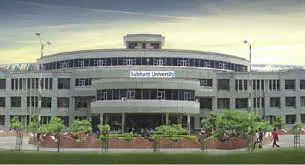
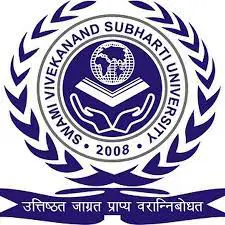

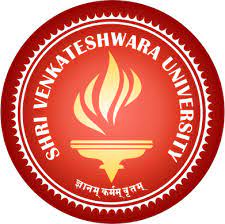
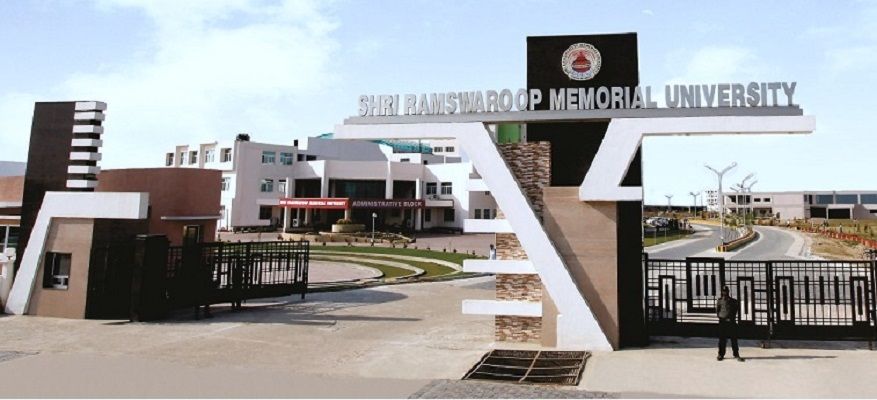
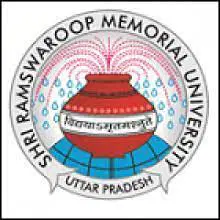


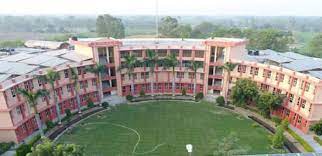

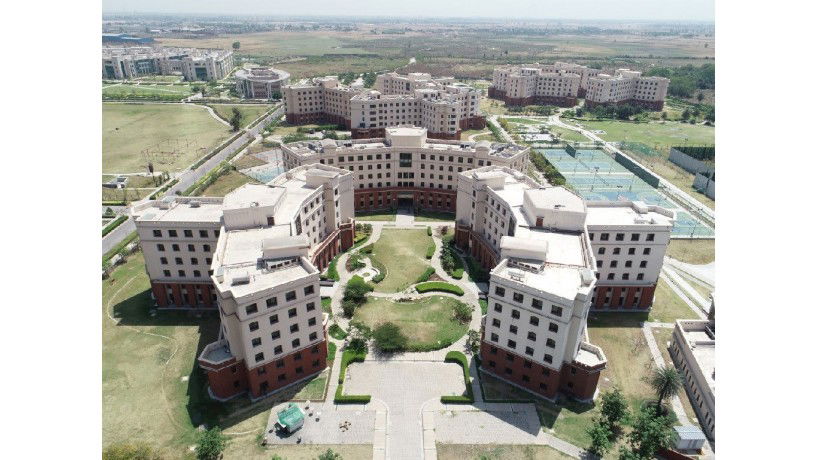
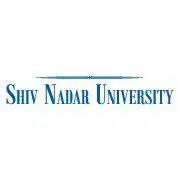
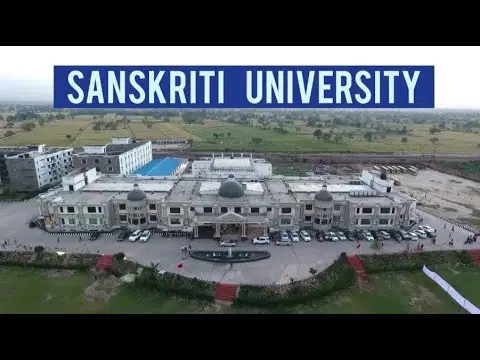
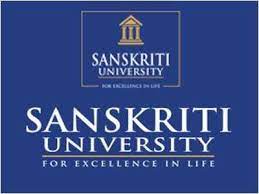
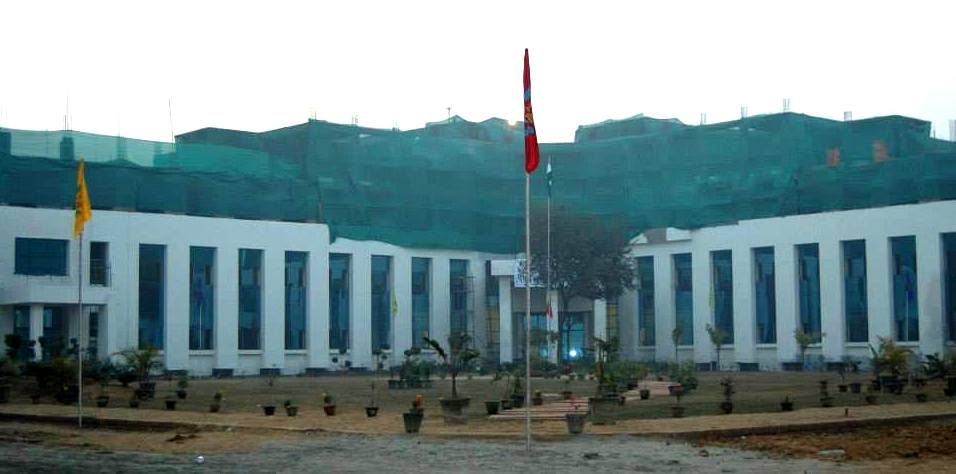
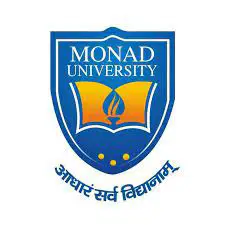
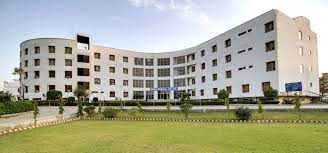
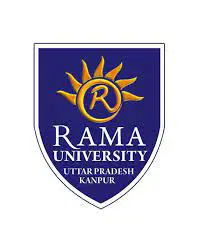

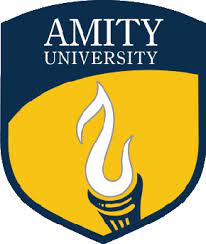

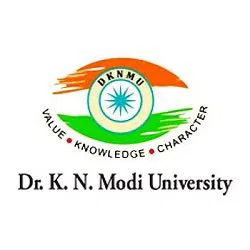
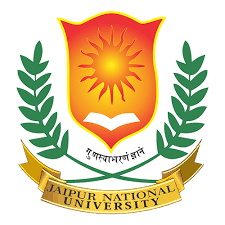
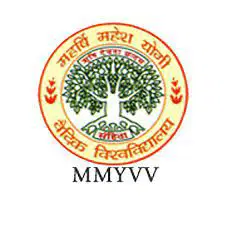
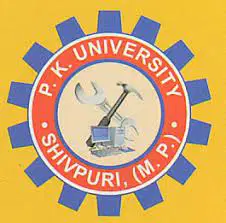

 back
back